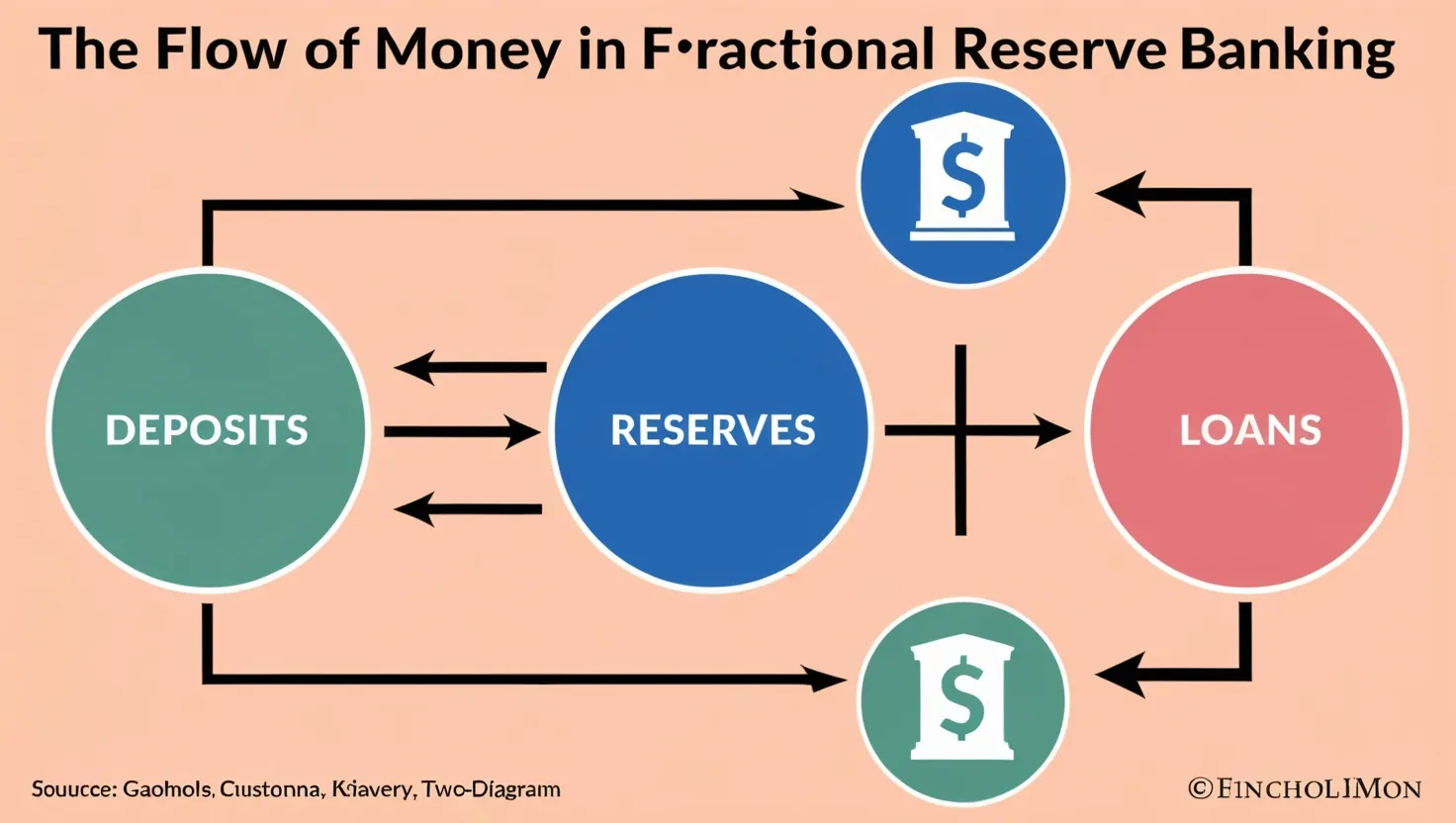Dividends are payments companies make to their shareholders, usually from the profits they’ve earned. These payouts can come as cash or extra shares of stock. For investors looking for a steady income, dividends are a sweet deal.
Imagine holding 30 shares in a company that dishes out $2 in annual cash dividends. That’s $60 in your pocket every year. Here’s the rundown: The company’s board decides to share some profits with shareholders, setting a dividend amount per share. Dividends are typically paid quarterly, but some companies might opt for monthly or semiannual distributions.
Paying dividends is a straightforward process. The board first signs off on the payment, then announces the amount, the payment date, and the all-important ex-dividend date. To snag the dividend, you’ve got to own the stock before this ex-dividend date. Buy it afterward, and you’re out of luck for that period’s payout.
Dividends can come as cash or additional shares. Most folks get cash dividends, receiving a direct payment. Stock dividends, however, mean more shares instead of immediate cash, potentially boosting your capital gains down the line.
Not every company is a dividend payer. More established companies that don’t need to pour all their profits back into growth are likely candidates. These firms often offer a steady income stream, with big names like Exxon, Target, IBM, Sherwin-Williams, and Johnson & Johnson being prime examples.
A company paying dividends is often seen as financially healthy, signaling stable cash flow and profitability. Investors, especially those in retirement, often find dividend-paying stocks more reliable and appealing for that consistent income.
Mutual funds and ETFs also play the dividend game, holding a mix of dividend-paying stocks and sharing that income with their shareholders. REITs (Real Estate Investment Trusts) are another favorite for dividend seekers, as they must distribute at least 90% of their taxable income to shareholders, ensuring reliable payouts.
Dividend yield is a go-to metric for investors, showing the dividend amount as a percentage of the share price. For instance, if a company pays $2 annually per share and the stock trades at $50, the yield is 4%. It’s a handy way to compare stocks and gauge their attractiveness.
There are also special dividends, which are one-off payments companies make when they’ve had an especially good run. Unlike regular dividends, these aren’t a promise of future payouts but can be a nice bonus. Look at when Microsoft once dropped a $3 per share special dividend; it was a big win for shareholders.
Dividends do come with tax considerations. Some countries tax dividends at a lower rate than regular income, making them even more appealing. Being aware of these tax rules helps in planning your investment strategy smartly.
In a nutshell, dividends are a key part of investing. They provide regular income and can grow your wealth over time. By getting a handle on how dividends work, the different types, and their tax implications, investors can make savvy decisions to hit their financial targets.






